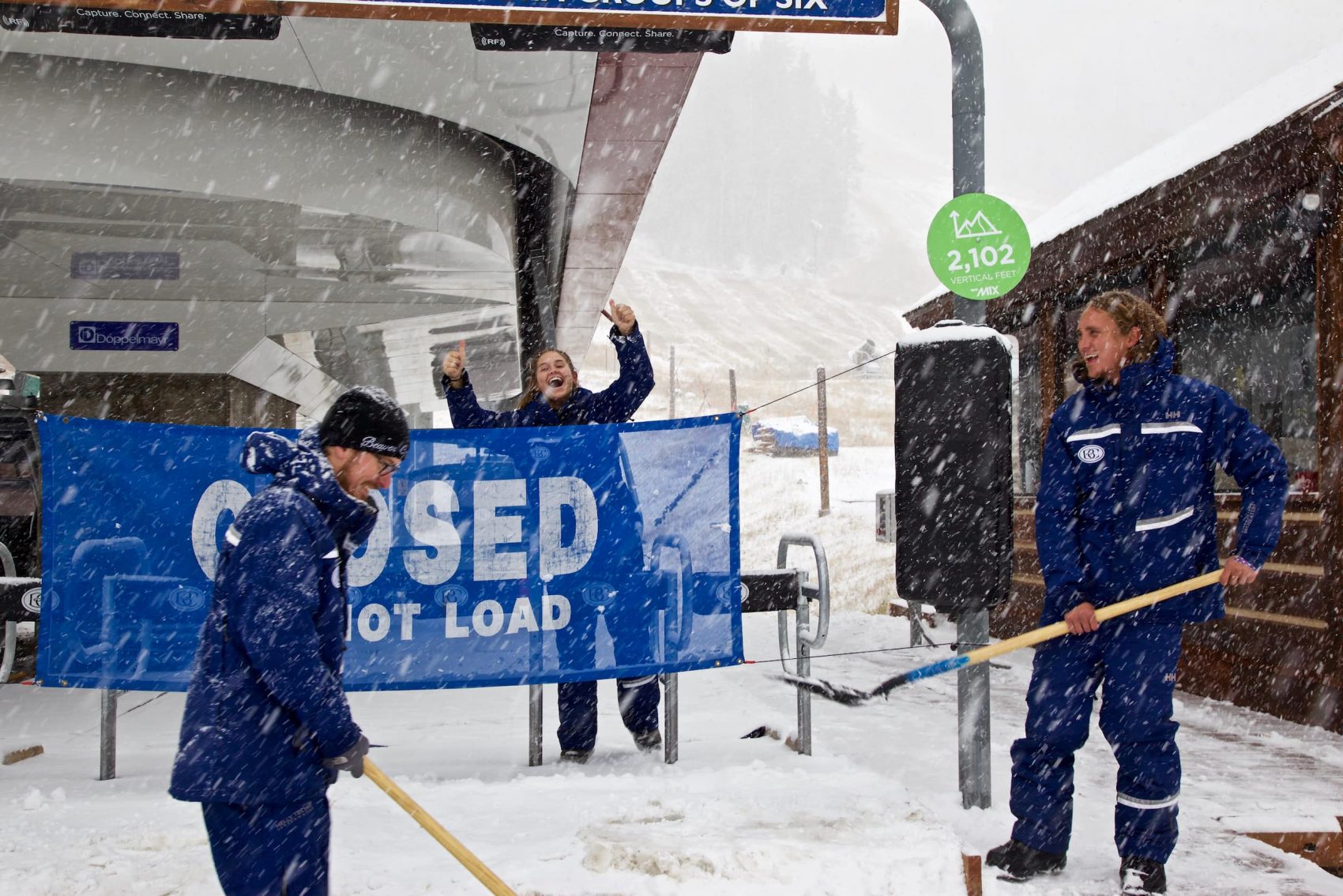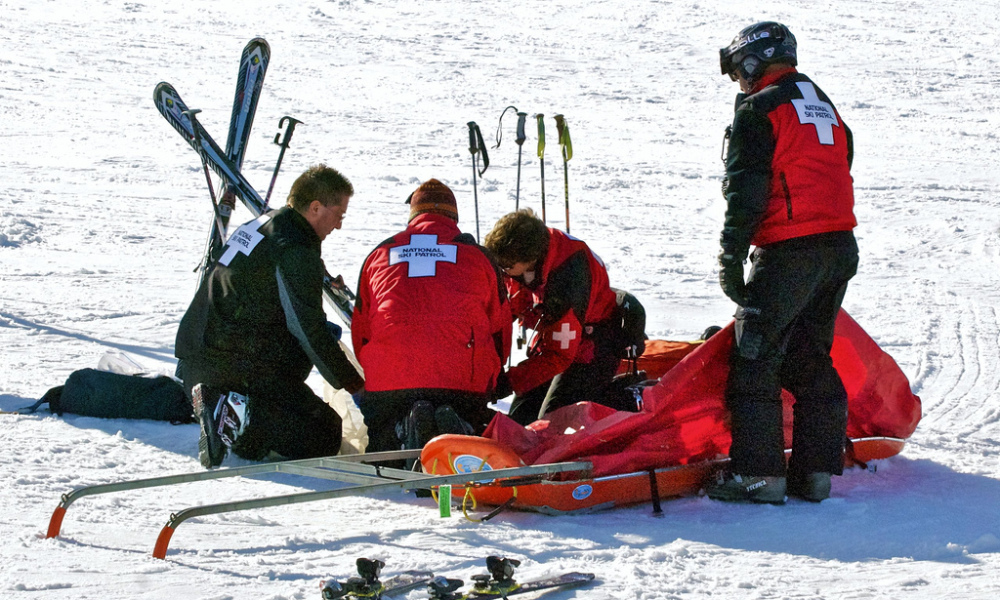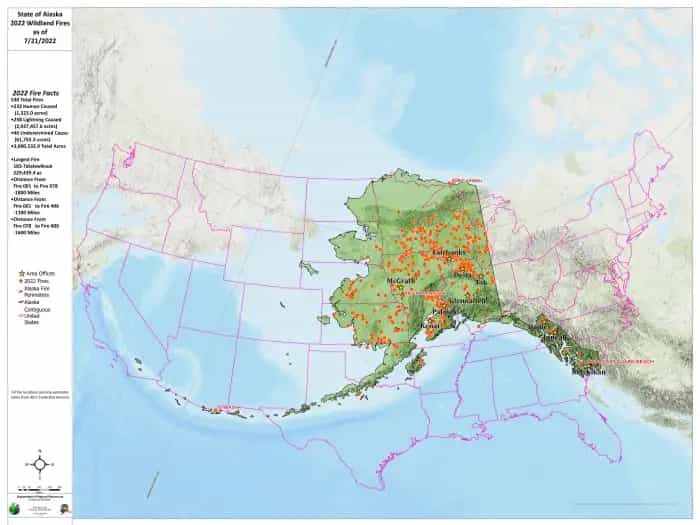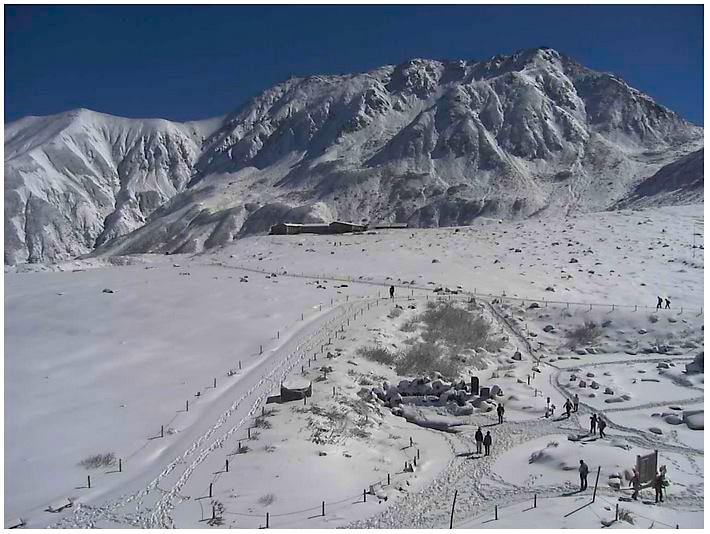
The motion filed by Vail Resorts to delay a lawsuit in Colorado filed by former and current employees who say that their employer improperly compensated them has been granted by a federal judge. The company is currently fighting two similar cases in California.
The plaintiffs and their attorneys strongly opposed the motion. They claim it is part of a broader plan by Vail Resorts to put an end to the lawsuits for the least amount of money and without having to change any policies, reports Summit Daily.
Vail Resorts argues that since the California cases are also seeking class-action status settling the two matters should “resolve and release all outstanding claims against Vail Resorts.” That would include the case filed in Colorado.
In December 2020, three Vail Resorts employees alleged the company “systematically fails to pay its hourly employees for all hours worked” and repeatedly violates federal and state labor laws in California, Colorado, Michigan, Minnesota, New York, Utah, Vermont, Washington, and Wisconsin, according to a statement. They claimed the proposed class-action lawsuit should proceed not only in Colorado but in the eight other states where the company operates.
Colorado residents Randy Dean Quint and John Linn, along with California resident Mark Molina filed the lawsuit in the US District Court for the District of Colorado on December 3, 2020, seeking class-action status. The men, who worked at Beaver Creek, CO, list traveling on company buses to and from employee parking lots, the time spent putting on company uniforms and equipment, and job training as examples of unpaid “off the clock” time for employees such as instructors, lift scanners, and lift operators. They estimate damages to all affected current and former employees would exceed $100 million. According to the lawsuit:
“Vail Resorts has exploited plaintiffs and thousands of other seasonal employees in violation of federal and state labor laws for years, and these egregious practices continue to the present. This action seeks to hold Vail Resorts responsible for its misconduct, fairly compensate plaintiffs and other similarly situated current and former Vail Resorts employees for damages preliminarily estimated to total more than $100 million.”
In its response filed on February 26th, 2021, Vail did not dispute the allegations but instead filed a partial motion to dismiss the lawsuit in all states except where the employees worked (Colorado).
“By their own allegations, plaintiffs never worked in those states, and have not established they were otherwise subject to the laws of those states. As several cases from this district hold, plaintiffs have no injury under the laws of those states and lack standing to assert claims under those laws on behalf of themselves or a putative class … plaintiffs lack standing to allege such out-of-state violations, and these claims should be dismissed.”
13 additional individuals have filed “Consent Forms,” expressing their desire to participate in this action. Quint alone alleges he is owed $8,363 in unpaid wages plus $17,178 in unpaid overtime, according to Vail Daily. Quint claims he was usually paid for 30 to 50 hours a week but often worked a dozen or more hours unpaid. Edward Dietrich, attorney for the plaintiffs, declined to comment on the status of the case. Dietrich is representing the now 16 plaintiffs in the Vail Resorts case along with Benjamin Galdston. Both are California-based attorneys, the Vail Daily reports. Vail Resorts is represented by Jonathan O. Harris and Michelle B. Muhleisen.
Two similar lawsuits have been filed against Vail Resorts in California by Anna Gibson and Adam Heggen, both former company employees. The Vail Daily reports that Heggen filed a “putative class action complaint” against Heavenly Mountain Resort in California in October 2020, which means class-action status is proposed but has yet to be granted by a judge. According to court documents, the lawsuit alleges that Heggen was not paid for breaks and meals while working as a security guard for the resort. The origins of the Gibson case date back to November 2019, but a complaint was not filed in a California District Court until April of 2021, according to court documents.
Usually, defendants involved in potential class-action lawsuits are required to file a “notice of related case” so plaintiffs can be made aware of other similar complaints that have been filed, lawyers Dietrich and Galdston wrote in a response to Vail Resorts’ recent motion to postpone their case. However, Vail Resorts didn’t file such a notice for Dietrich and Galdston until Aug. 12—several months after each case had already begun.
Dietrich and Galdston said a monetary settlement alone wouldn’t be sufficient in achieving justice in this case, according to the Vail Daily. They also want Vail Resorts to change its policies around compensation. A California District Court Judge said Vail Resorts has until Oct. 15 to file all relevant documents related to the settlement offer, at which point a hearing will be held to consider whether the judge wants to grant preliminary approval of the settlement agreement.
Last year, Apple lost a similar class-action lawsuit brought by its disgruntled employees who had to go through security checks that often took 10-20 minutes of their time after they had clocked out of work. The unpaid time claimed by the plaintiffs cost Apple as much as $60 million across 12,400 former and current employees.




